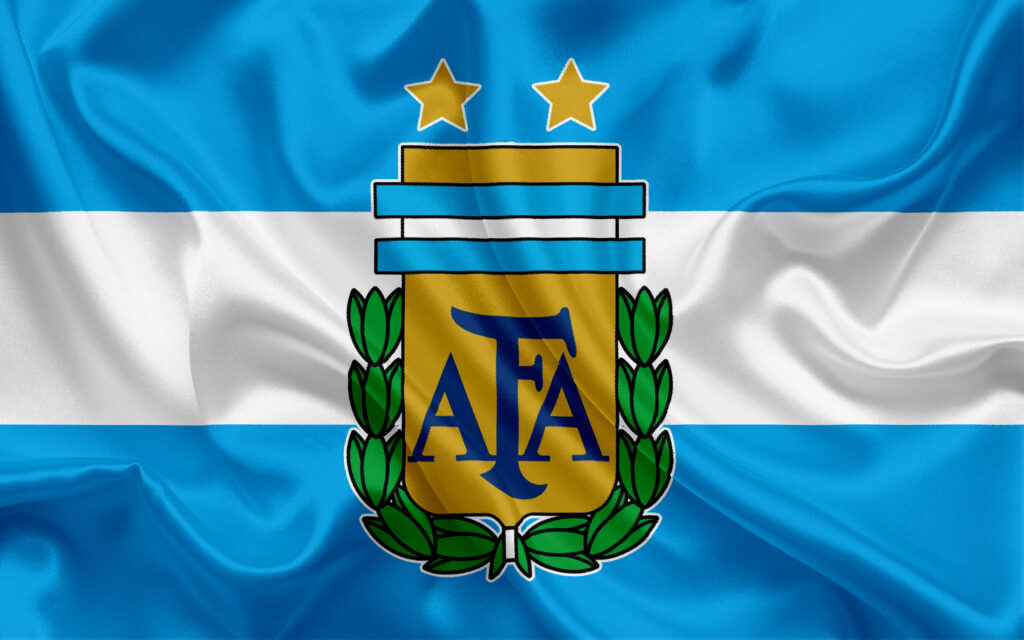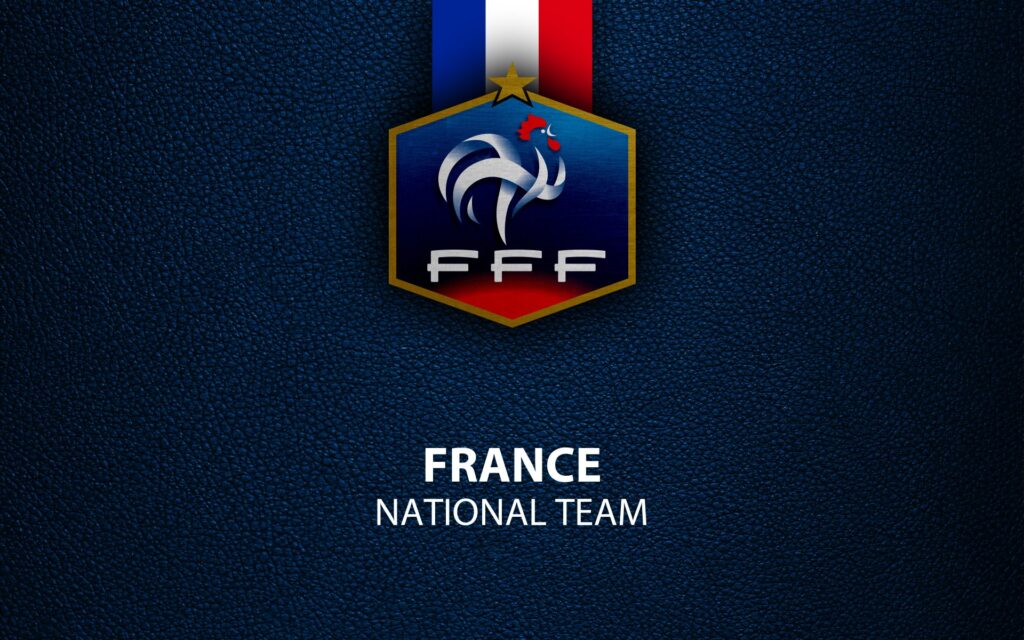Football is a family of team sports that involve, to varying degrees, kicking a ball to score a goal. Unqualified, the word football normally means the form of football that is the most popular where the word is used. Sports commonly called football include association football (known as soccer in North America and Oceania); gridiron football (specifically American football or Canadian football); Australian rules football; rugby union and rugby league; and Gaelic football. These various forms of football share to varying extent common origins and are known as “football codes”.
There are a number of references to traditional, ancient, or prehistoric ball games played in many different parts of the world. Contemporary codes of football can be traced back to the codification of these games at English public schools during the 19th century. The expansion and cultural influence of the British Empire allowed these rules of football to spread to areas of British influence outside the directly controlled Empire. By the end of the 19th century, distinct regional codes were already developing: Gaelic football, for example, deliberately incorporated the rules of local traditional football games in order to maintain their heritage In 1888, The Football League was founded in England, becoming the first of many professional football associations. During the 20th century, several of the various kinds of football grew to become some of the most popular team sports in the world.
FIFA Ranking as of Dec 2022
1. Brazil

The Brazil national football team (Portuguese: Seleção Brasileira de Futebol), nicknamed Seleção Canarinho, represents Brazil in men’s international football and is administered by the Brazilian Football Confederation (CBF), the governing body for football in Brazil. They have been a member of FIFA since 1923 and a member of CONMEBOL since 1916.
Brazil is the most successful national team in the FIFA World Cup, being crowned winner five times: 1958, 1962, 1970, 1994 and 2002. The Seleção also has the best overall performance in the World Cup competition, both in proportional and absolute terms, with a record of 73 victories in 109 matches played, 124 goal difference, 237 points, and 18 losses. It is the only national team to have played in all World Cup editions without any absence nor need for playoffs, and the only team to have won the World Cup in four different continents: once in Europe (1958 Sweden), once in South America (1962 Chile), twice in North America (1970 Mexico and 1994 United States), and once in Asia (2002 Korea/Japan). Brazil is also the most successful team in the now-defunct FIFA Confederations Cup, winning it four times, in 1997, 2005, 2009, and 2013.
2. Belgium

The Belgium national football team officially represents Belgium in men’s international football since their maiden match in 1904. The squad is under the global jurisdiction of FIFA and is governed in Europe by UEFA—both of which were co-founded by the Belgian team’s supervising body, the Royal Belgian Football Association. Periods of regular Belgian representation at the highest international level, from 1920 to 1938, from 1982 to 2002 and again from 2014 onwards, have alternated with mostly unsuccessful qualification rounds. Most of Belgium’s home matches are played at the King Baudouin Stadium in Brussels.
Belgium’s national team have participated in three quadrennial major football competitions. It appeared in the end stages of fourteen FIFA World Cups and six UEFA European Championships, and featured at three Olympics football tournaments, including the Football at the 1920 Summer Olympics which they won. Other notable performances are victories over four reigning world champions—West Germany, Brazil, Argentina and France—between 1954 and 2002. Belgium has long-standing football rivalries with its Dutch and French counterparts, having played both teams nearly every year from 1905 to 1967. The squad has been known as the Red Devils since 1906; its fan club is named “1895”.
3. Argentina

The Argentina national football team (Spanish: Selección de fútbol de Argentina) represents Argentina in men’s international football and is administered by the Argentine Football Association, the governing body for football in Argentina.
La Selección (National Team), also known as La Albiceleste, has appeared in five World Cup finals, including the first final in 1930, which they lost 4–2 to Uruguay. Argentina won in their next final appearance in 1978, beating the Netherlands 3–1 at extra time. Argentina won again in 1986 with a 3–2 victory over West Germany, and a tournament campaign inspired by their captain Diego Maradona. They made the World Cup finals once more in 1990, and lost 1–0 to West Germany through an 87th minute penalty converted by Andreas Brehme. Argentina made their fifth appearance in a World Cup final in 2014, again losing to Germany 1–0 during extra-time. The team’s World Cup-winning managers are César Luis Menotti in 1978 and Carlos Bilardo in 1986.
Argentina has also been very successful in the Copa América, winning it 15 times, most recently led by Lionel Messi in 2021, and is currently tied with Uruguay in most wins. The team also won the 1992 FIFA Confederations Cup. Argentina is the most successful team in the CONMEBOL–UEFA Cup of Champions, having won it twice (1993 and 2022). Argentina is known for having rivalries with Brazil, Uruguay, England, and Germany.
4. France

The France national football team (French: Équipe de France de football) represents France in men’s international football and is controlled by the French Football Federation (Fédération française de football), also known as FFF. The team’s colours are blue, white, and red, and the coq gaulois its symbol. France are colloquially known as Les Bleus (The Blues). They are the reigning world champions, having won the most recent World Cup final in 2018.
France plays their home matches at the Stade de France in Saint-Denis, Île-de-France, and their manager is Didier Deschamps. They have won two FIFA World Cups, two UEFA European Championships, two FIFA Confederations Cups, one CONMEBOL–UEFA Cup of Champions and one UEFA Nations League title. France experienced much of its success in three different eras: in the 1980s, late 1990s/early 2000s and late 2010s, respectively, which resulted in numerous major honours. France was one of the four European teams that participated in the inaugural World Cup in 1930. Twenty-eight years later, the team, led by Raymond Kopa and Just Fontaine, finished in third place at the 1958 FIFA World Cup.
5. England

The England national football team has represented England in international football since the first international match in 1872. It is controlled by The Football Association (FA), the governing body for football in England, which is affiliated with UEFA and comes under the global jurisdiction of world football’s governing body FIFA. England competes in the three major international tournaments contested by European nations: the FIFA World Cup, the UEFA European Championship, and the UEFA Nations League.
England is the joint oldest national team in football having played in the world’s first international football match in 1872, against Scotland. England’s home ground is Wembley Stadium, London, and its training headquarters is St George’s Park, Burton upon Trent. The team’s manager is Gareth Southgate.
If you are looking for list of top 5 listing than Get Top 5 results is the best place. Here you can find top 5 listing for every category. We at Get Top 5 are severely addicted to deliver the best Top 5 lists and content to our absolutely lovely readers.












